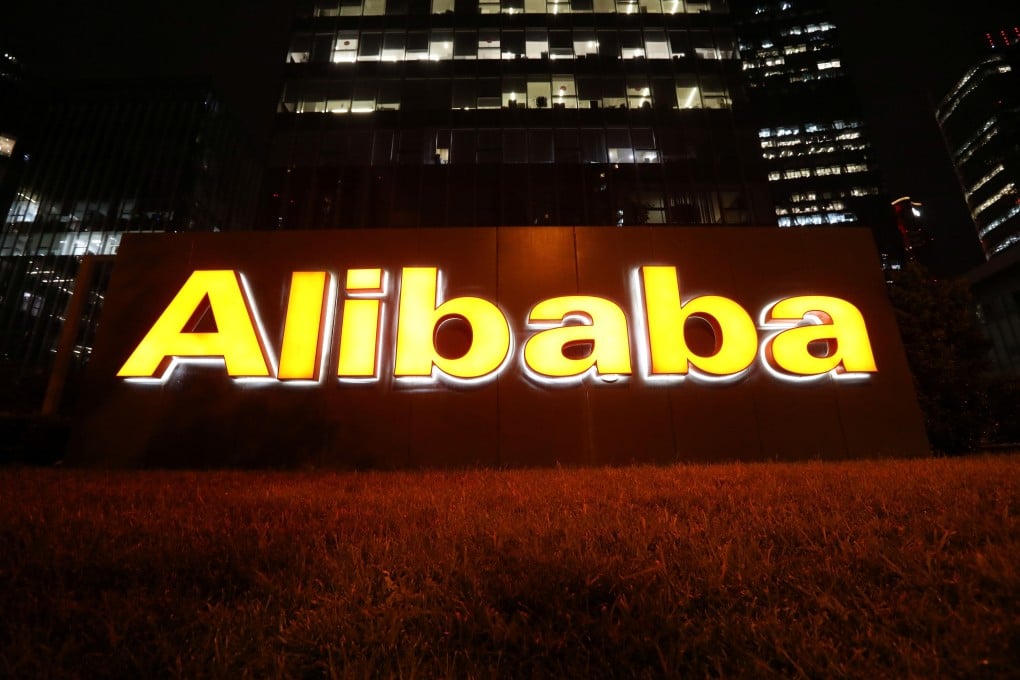Alibaba’s new blockchain auction platform is selling Star Wars art on a ledger run by Sichuan’s government
- The new section of Alibaba Auction allows artists to sell the copyrights to their works using blockchain
- Numerous products are already listed, with bids next month starting at US$15 for each piece

The market launched this week as a new section on Alibaba Auction, an online auctioning platform from the Hangzhou-based tech giant, which owns the South China Morning Post. The non-fungible tokens (NFTs) will be issued through the New Copyright Blockchain, a platform run by the Sichuan Blockchain Association Copyright Committee.
The service, called “Blockchain Digital Copyright and Asset Trade”, allows writers, musicians, game developers and other artists to sell the rights to their content via blockchain. NFTs enable this with the use of unique, encrypted tokens that allow a person to prove ownership, although the technology itself does not prevent unauthorised copying. Sales include complete ownership of works purchased through the platform, according to an introduction posted online.

05:15
SCMP Explains: What are NFTs?
The platform already has numerous products listed, which will start being auctioned off next month. The digital items on offer include a Star Wars illustration and a painting of the West Pearl Tower, a landmark in Chengdu, the capital of Sichuan. Each auction starts at 100 yuan (US$15), and bidding requires a 500 yuan deposit.
NFTs became a hot new form of digital trade and investment early this year, and continued to surge to new highs in the second quarter, with US$2.5 billion in sales by the beginning of July, according to data compiled by DappRadar, which tracks sales across multiple blockchains. That was up from just US$13.7 million in the first half of 2020.